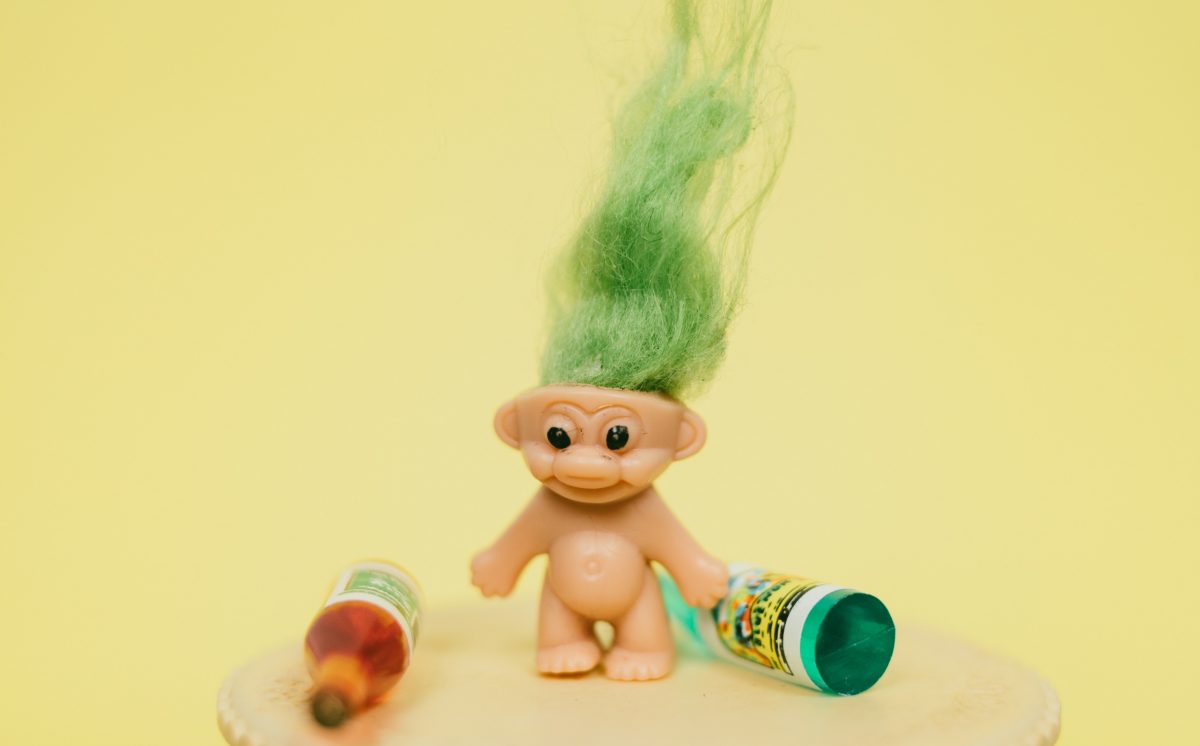Has a copyright troll, more broadly referred to as an intellectual property troll, targeted you with a demand indicating that you will be sued if you refuse to pay up a sum of money? Has the copyright troll presented you with a link to some sophisticated software that will easily take your credit card number and offer a very limited release from liability for your former use of the content, which you immediately removed from your website as soon as you received the demand letter threatening copyright infringement?
If this sounds all too familiar, then feel free to contact us about your particular issue. We keep all communications confidential, pride ourselves on quick and active responses, and do not charge for initial consultations.
Copyright trolls seem to gain by the number every day, disseminating their demand letters far and wide and, occasionally, following through on their threat to initiate litigation if the letters are ignored.
Typically, these copyright trolls will seek to take advantage of the unrepresented individual and salivate when they see that they are armed with a valid copyright registration, entitling them to a minimum statutory award of $750 unless a valid defense such as fair use or de minimis use can be proven.
But courts across the country are beginning to recognize the tactics of these copyright trolls and are helping fight against their mission to enforce copyrights not to protect expression, but to extract payments through litigation. In fact, those precise words were recently used by the U.S. Court of Appeals for the Seventh Circuit in a case that actually awarded relief to the defendants for having to defend against copyright trolls. In the case, the appellate court noted that the plaintiff had brought more than 100 copyright infringement lawsuits against defendants in recent years and that many defendants – “the targets of the settlement-extraction scheme” – were starting to push back.
The plaintiff held copyrights, but that was not enough to avoid scrutiny from the court for its trolling tactics. As stated by the appellate court, “Copyright law rewards original expression and innovation. It does not protect rent-seekers looking to score a quick settlement rather than compete.” Setting aside the specific facts of that case, it was made abundantly clear that the court, and hopefully others across the country, are growing impatient with copyright troll plaintiffs and lawyers who are firing off as many demand letters as possible in a given day, hoping to extract as many quick settlements as possible.
In the appellate court case, the defendants were awarded their costs and fees in an amount of more than $518,000. The court highlighted that, in copyright infringement cases, there is a strong presumption that prevailing defendants may recover costs. It was held proper considering that plaintiffs should be discouraged from manipulating copyright laws to extract quick settlements.
A win for those who fight off copyright trolls. We love to see it.

